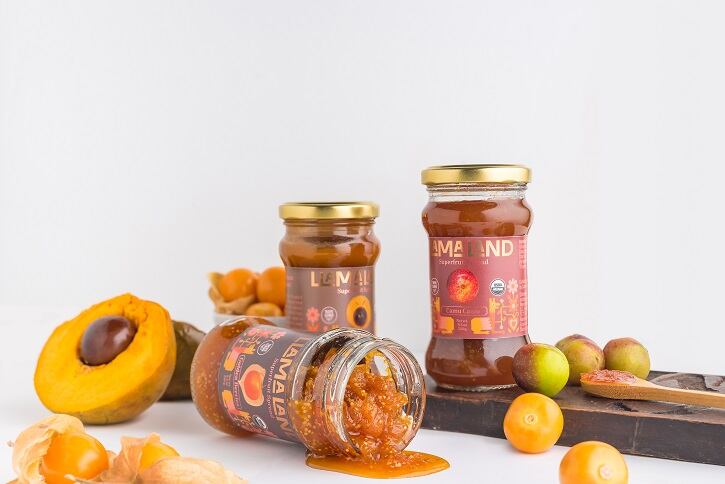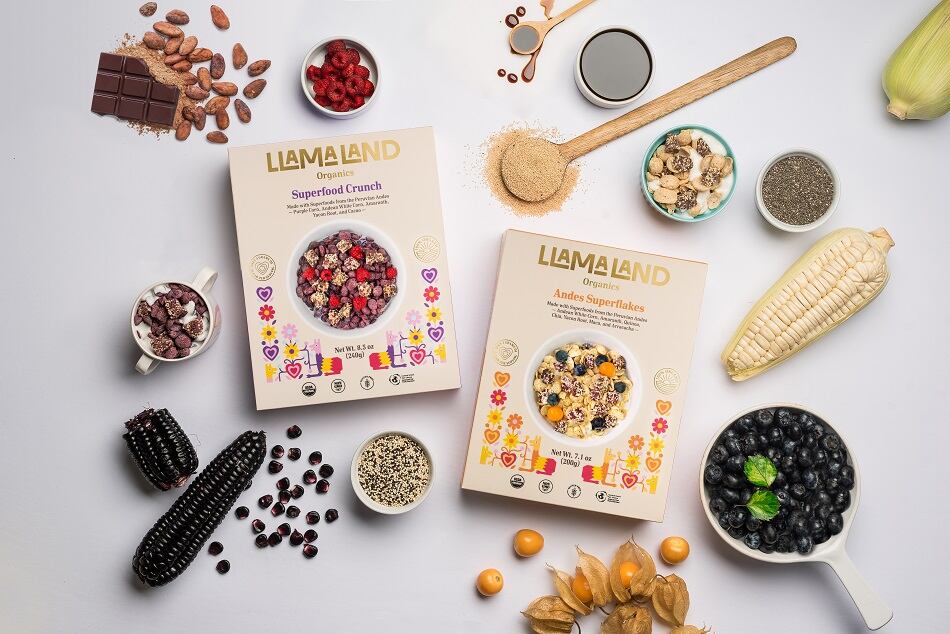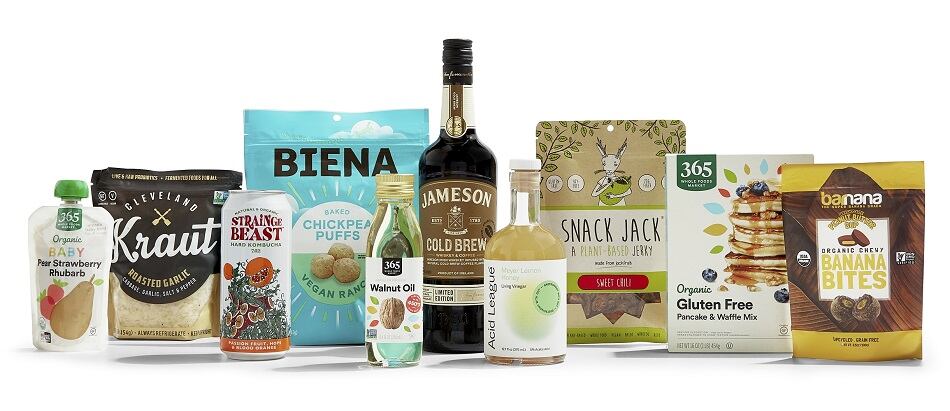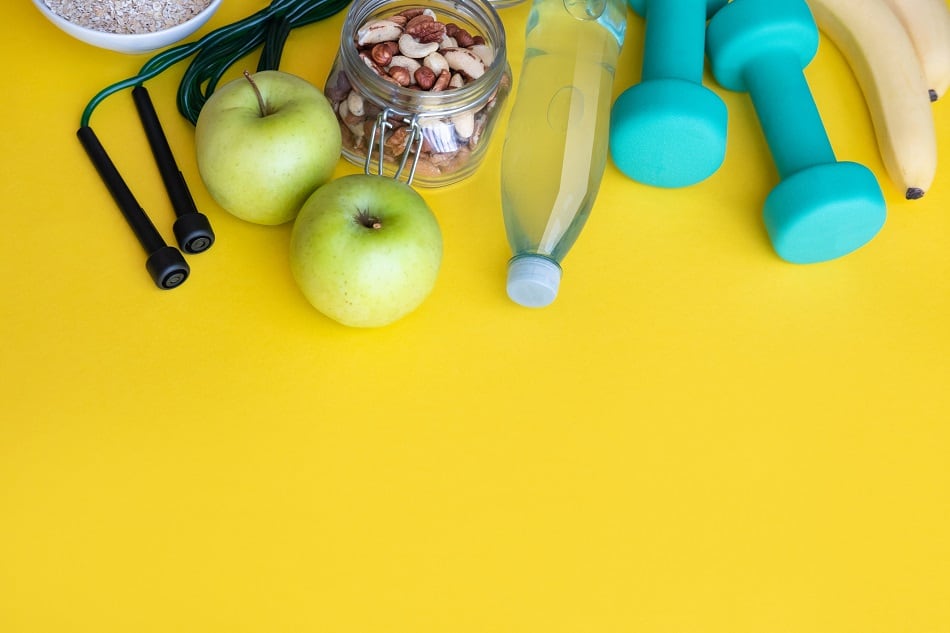When it comes to the sourcing of exotic, nutrient-dense superfoods, few places in the world can match the agricultural biodiversity of Peru – which has 3,000 varieties of potatoes alone, according to Bioversity International – and is also home to a trove of superfoods including lucuma, golden berries, camu camu, and yakon root.

These ingredients are the focus of Llamaland Organic’s line of superfood cereals (featuring a blend of purple and Andean white corn, amaranth, and arracacha) and fruit spreads made from native Peruvian superfruits including camu camu, lucuma, and golden berries.
Llamaland was co-founded by Ismael Petrozzi, a native Peruvian who lives in Houston, Texas, with his two young children and wife and co-founder, Lisa Petrozzi, a former professional ballet dancer and holistic health coach. Ismael and Lisa formally launched the company at the beginning of 2019 and spent that entire year formulating products using superfood ingredients sourced directly from Peruvian suppliers.
“It was important to us to introduce these ingredients in products that people understand,” Ismael Petrozzi told FoodNavigator-USA.
“What’s happening is you’re seeing quite a few [superfood] products out there that are found in the supplement section. These are intended for people that are more knowledgeable. We want to get to a much more broader customer base. We want to be in pantries across America. We find that people can relate a lot more to a cereal or a spread.”
Currently sold direct-to-consumer on its company website, Llamaland is in local natural grocers in the Houston area including Harvest Market, and the brand is in active conversations with HEB and Whole Foods Texas, said Petrozzi.
Superfood credentials
Quinoa – a grain rich in protein, fiber, and other minerals – has become extremely popular and rather ubiquitous in US household pantries but represents just the tip of the iceberg in terms of Peruvian superfood discovery, said Petrozzi.
In fact, Peru is home to 184 native domesticated plant species and hundreds more varieties of those plants, according to Bioversity International.
“There are dozens of other amazing products,” said Petrozzi.
Llamaland has highlighted several Peruvian ingredients in its products grown throughout the South American country’s diverse topography from the banks of the Amazon River to the steppes of the Andes Mountain range.
Particular ingredients of note are the brand’s use of camu camu, golden berries, and lucuma in its fruit spreads, which provide consumers with a less-sweet and more nutritious alternative to conventional fruit jams and spreads, said Lisa Petrozzi. Camu camu, she said, packs 60 times more vitamin C than an orange and the brand's camu camu spread contains 8g of sugar and 140% vitamin C per serving. Lucuma, described as being similar to a mango or apricot, is also comparatively low in sugar (7g) and has a low glycemic index.

In addition, each of the spreads and products are sweetened with Yakon, a root grown in the Andes, which provides an extra dose of natural sweetness, she added.
Exotic and sustainable?
Asked about the scalability of business which relies heavily on exotic ingredients from thousands of miles away, Ismael Petrozzi said that Peru, while stricken hard by the pandemic, has managed to maintain a strong agricultural export market due to the remote nature of its landscape which provides ”natural social distancing” for many workers, and the industry hasn’t experienced major supply chain disruption.
Since the brand's inception, it was important to the Petrozzis that it ensures it maintains a chain of sustainable sourcing beginning at the farmer level, he added.
“As ingredients become more popular these countries become exploited for the resource, but what we do is we work exclusively with our suppliers so that they in turn actually own the land where the ingredients are sourced from. We’re not working with international brokers, we’re working directly with the farmers,” he said.
“There is a way to scale out when it comes to the products we’re making. We’re not looking to sell quinoa in bulk. We’re selling ingredients in products that have been made with an added value.”
As Llamaland continues to grow and enter more retailers, the Petrozzis believe the runway to introduce more Peruvian superfood ingredients is long. The company is currently working on its version of a breakfast bar using sacha inchi, a rich source of alpha-linolenic acid, a plant-based omega-3 fatty acid, vitamin E, vitamin A, dietary fiber, potassium, calcium, magnesium, and other nutrients.




